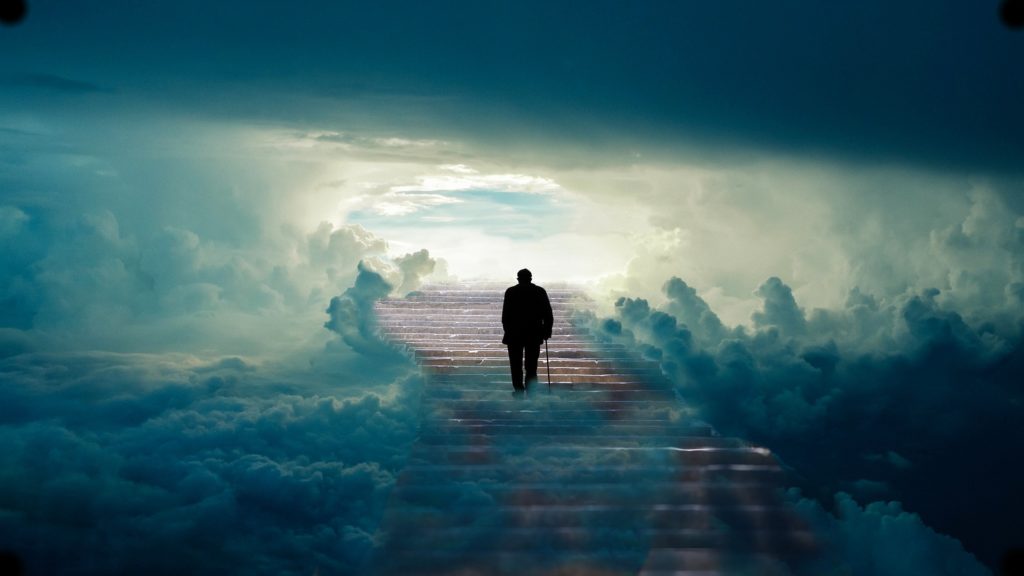
Death, the great mystery of existence(& non-existence). Terence McKenna described it as “the black hole of biology.” Death has long been the subject of our worst fears, but it doesn’t have to be this way. Some brave souls have found that it’s possible to face this transition with grace and cheerfulness rather than despair.
Case in point- Timothy Leary. The late LSD researcher and psychologist spent the last year of his life celebrating, and interacting with the media, really enjoying himself, despite his illness. Mr Leary was also known to have said that one should approach death in the same way that one would approach a psychedelic experience, with extra attention to set and setting. He felt that choosing the circumstances of one’s death is one of the most important choices a person can make. He felt there was no need to die in the factory mechanized atmosphere of an impersonal hospital surrounded by total strangers. If any. “Do it with friends, do it with friends, do it with friends.” Also Aldous Huxley was known to have taken LSD hours before his passing.
Death can certainly be very hard to face up to and many people struggle with the temporary nature of our time here. There may however be amazing adventures waiting for us when we pass into the next realm. We simply don’t know. Many will profess though through myths, religions, and personal experiences that the afterlife is a certainty. Universal acceptance of this though eludes us collectively.
The cynically minded will say that there is no evidence and that visions of the afterlife are tricks of the mind that help deal with a harsh truth- our own demise. Regardless of which view resonates, we have a choice in how we face death- with fear or acceptance. There are other responses of course but these are perhaps the 2 most common ways that people approach it.
Here is a quote that elucidates one positive view.
“You are not an encapsulated bag of skin dragging around a dreary little ego. You are an evolutionary wonder, a trillion cells singing together in a vast chorale, an organism – environment, a symbiosis of cell and soul.”
–Jean Houston
Plato said that the understanding of death is a bedrock ( foundation) for spiritual experience. So much of the death experience is about letting go. Buddhism and the Tibetan Book of the Dead are often cited in exploring this realm, due to the extensive study centred on acceptance and non-attachment. A commonly noted aspect of approaching death is that we become more present in the here and now. Being present in the moment may help us be more fearless, but fear is a universal part of the human experience. Perhaps it’s enough to simply not have our lives defined and ruled by fear.
Conquering fear is perhaps one of the more noble things we can do as we make our mortal journey.
Could psychedelics serve as training wheels for the death experience? Hard to say for sure, but it certainly seems possible. Some people have reported experiencing similar mystical experiences to near-death experiences that have helped prep them for the real thing. Opening the doors of our perception can make it easier when we do embark on our final journey.
In Part 2 we’ll go deeper into the therapeutic aspects and research surrounding the use of psychedelics for end-of-life care.
